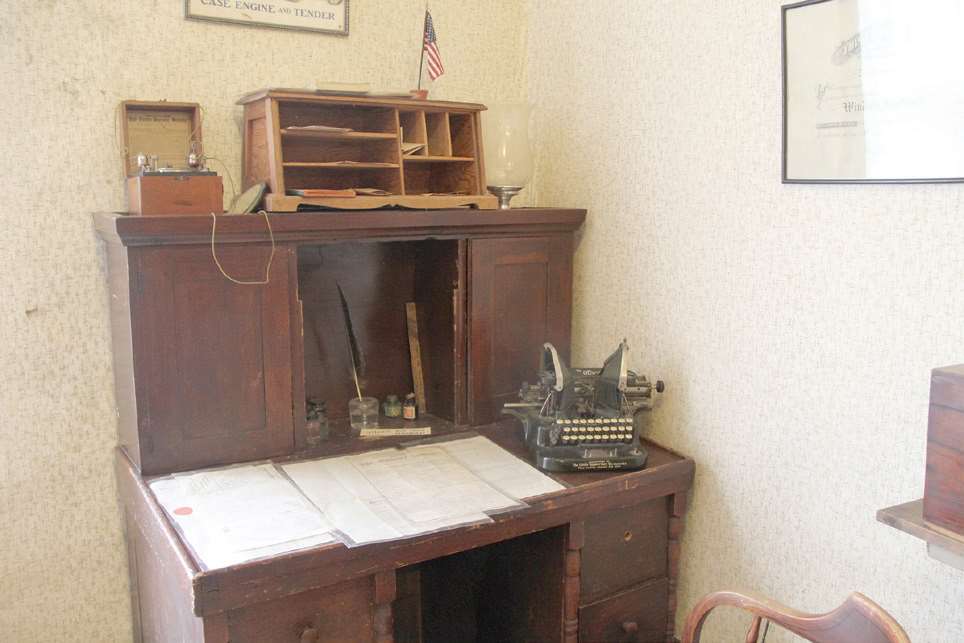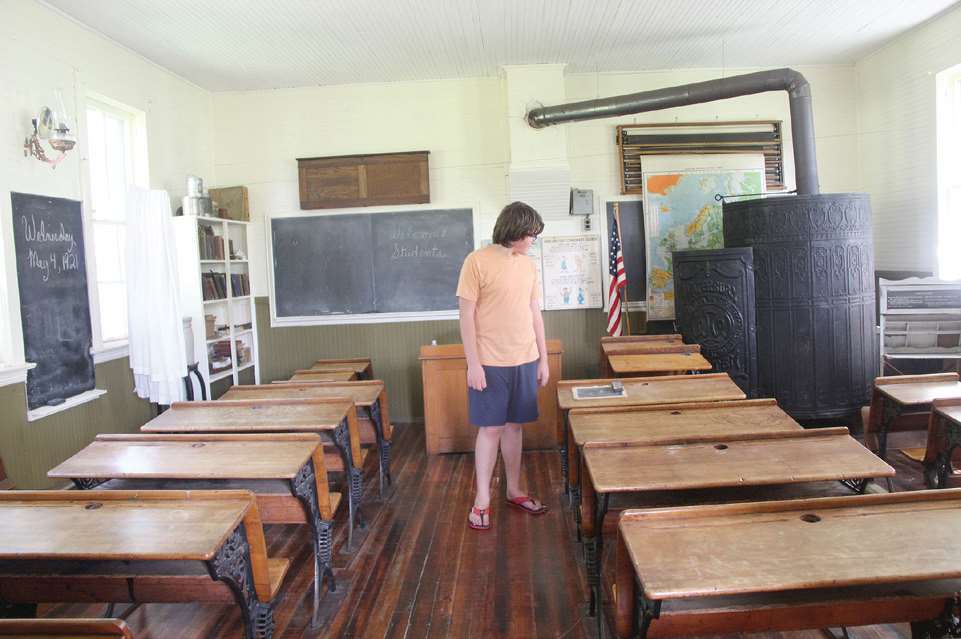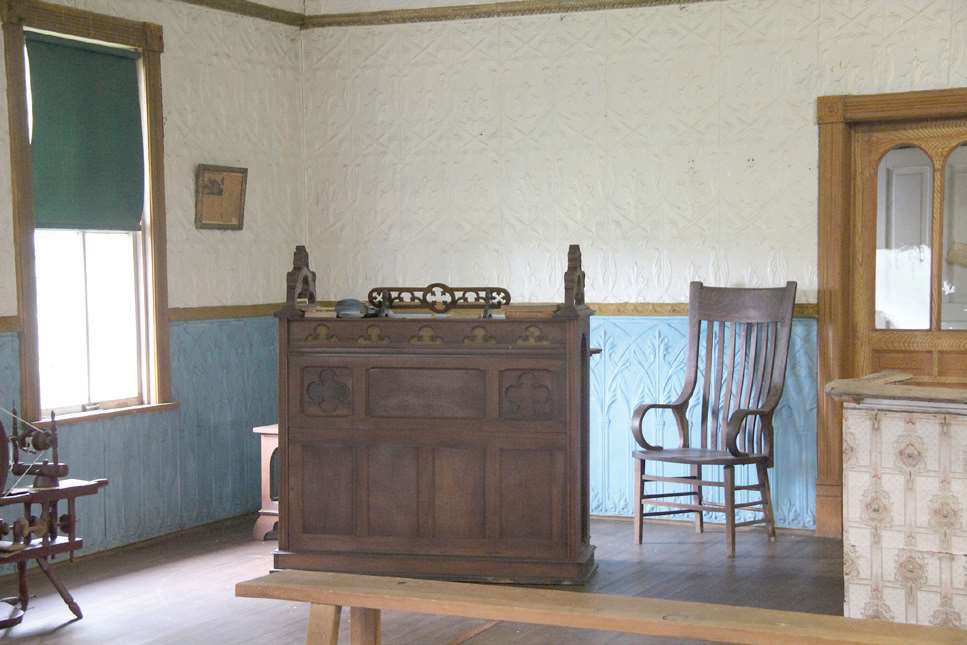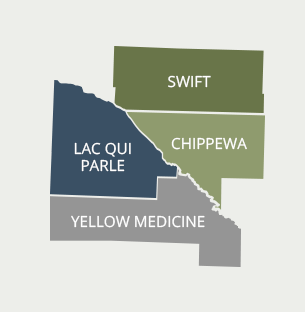
Chippewa Village
A Piece of History
Swensson Farm Museum
If you have a week-day afternoon off, a place to spend some time and maybe learn a little his tory of the area is at the Historic Chippewa City. Set upon 20 acres of land where highway 7 and highway 212 meet, the city has 24 buildings on site to tour and is set in the 1800s. People are encouraged to walk into the buildings to take in the details that have been well preserved.
Historic Chippewa City was started in 1965 with the preservation of the one room schoolhouse. The movie “Sweet Land” was partially filmed in the historic city, as well as the PBS documentary “Death of a Dream”. The little city also inspired renowned artist Terry Redlin as his Doctor series features the Chippewa Bank Building. Redlin also draws on inspiration from the log homes in the historic city. There are also two very old dugout canoes on display at the historic city.
The Historic Chippewa City is open Memorial Day Weekend until Labor Day. There are picnic tables on the premises for a nice outdoor lunch and the parking is free, but there is a small admission required.
If you have a weekend afternoon free, another historic place to tour and learn about is the Swensson Farm Museum. The farmstead sits on 17 acres and features a 22-room brick farmhouse as well as a large timber-framed barn, there is also a grist mill with hand cut mill stones and a family burial plot on site.
Upon entering the front door of the brick farmhouse, you will take yourself on a self-guided tour with the help of a brochure the farmhouse gives out. Each room is set up as it would have been in the early 1900s when the house was built. There are 59 windows in the house. Swensson built the house and barn with the help of his eldest daughter Katie.
The entire third floor of the house is called “The Master’s Room” because Swensson built a private chapel where he was a self-appointed pastor and would hold church. You can also visit the Swensson family burial plot because it’s also on the property. Swensson created the molds for the headstones, including his own.
The large red barn on the property was built with an elaborate system in place that included wind-bracing and notching. It’s a testament to Swensson’s ability as a builder and designer. The barn was repainted in 2015. Museum quality preservation of the barn was completed in 2003. It was one of the largest barn preservation projects ever done in the United States.
Also located on the farmstead is a grist mill that was built in the 1890s. It was horse powered at first and then later by steam engines. For a short time Swensson marketed “‘Swensson Flour” until 1904. after that the mill was used exclusively for grinding feed.
There is plenty of room on the grounds for a nice picnic, weather permitting. Parking is free at the Swensson Farm Museum, but there is a small admission required.

A bedroom inside the Swensson Farmhouse shows what life was like in the early 1900s.

Early 1900s furniture fills the Swensson House Museum.

Inside the Historic Chippewa City schoolhouse.

The entire third floor of the house is called “The Master’s Room” because Swensson built a private chapel where he was a self-appointed pastor and would hold church.

Inside the Chippewa City Bank in the historic Chippewa Village.
Reporter & photography by Cynthia Christians








